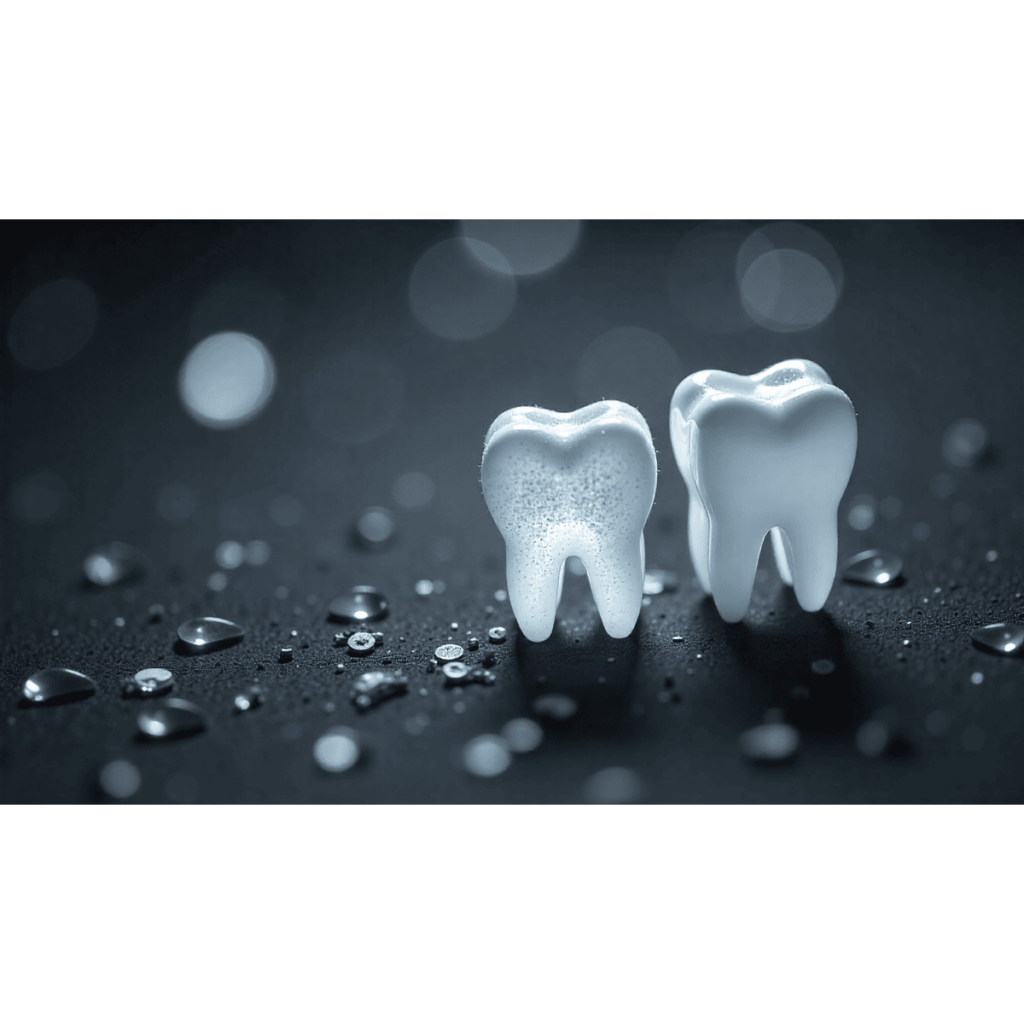In a world where oral diseases affect nearly 3.5 billion people, the first-ever global oral health conference highlights universal health coverage by 2030 as a critical milestone in the journey toward health equity. Hosted by the World Health Organization (WHO), this groundbreaking conference drew experts, policymakers, and advocates from across the globe to tackle one of healthcare's most overlooked crises: access to dental care worldwide.
Global Oral Health Conference Marks Milestone Toward Universal Coverage by 2030
Backed by the WHO oral health strategy, the conference marks a seismic shift in global health priorities—placing oral health squarely within the conversation on universal health coverage in dentistry. Here's why it matters now more than ever.
What Is the Global Oral Health Conference and Why Is It a Big Deal in 2025?

The inaugural Global Oral Health Conference, held in Geneva, emerged as a bold platform for global health leaders to unite behind a singular mission: achieving oral health and UHC 2030 (Universal Health Coverage by 2030). Unlike previous fragmented efforts, this summit aligned oral health goals with WHO’s broader 2030 Sustainable Development Agenda.
With 60% of the world’s population lacking basic dental care, the conference provided a roadmap for integrating dental services into national healthcare systems—an essential move to close the gap between oral and systemic health.
Why Is Universal Health Coverage in Dentistry Crucial Today?
Tooth decay, gum disease, and oral cancers aren’t just cosmetic concerns—they’re chronic diseases that impact nutrition, speech, self-esteem, and even heart health. Yet, access to dental care worldwide remains a luxury for many, especially in low- and middle-income countries.
Universal health coverage in dentistry means:
- Affordable or free routine dental checkups
- Integration of oral health into primary care
- Inclusion of dental treatments under insurance plans
- Community-level education on prevention
The WHO oral health strategy emphasizes that without tackling oral health, UHC remains incomplete.
How Will Global Oral Health Trends Shape the Future of Public Health?

Global oral health trends are shifting from curative to preventive care. Key changes discussed at the conference include:
- A sugar tax to combat tooth decay globally
- Mandatory fluoride in drinking water and toothpaste
- Mobile dental clinics for rural populations
- Digital tracking of oral health data by governments
These strategies are designed to ensure oral health and UHC 2030 goals are actionable, measurable, and scalable.
What Experts Say: Is Universal Oral Health Coverage Achievable by 2030?
Experts at the conference agreed—universal health coverage in dentistry is no longer optional; it's a human right. Dr. Benoit Varenne, WHO’s Chief Dental Officer, emphasized that political will, public-private partnerships, and data-driven policymaking are essential for progress.
He noted, “Oral diseases can be prevented. With targeted investment and community programs, we can dramatically improve health outcomes by 2030.”
Final Thoughts: The Road Ahead for Oral Health and UHC 2030

As the first-ever global oral health conference highlights universal health coverage by 2030, it has set the stage for a future where oral care is not a privilege, but a public good. From rural clinics in Africa to urban centers in Asia, the vision is clear: no one should suffer in silence from preventable oral diseases.
Explore more about how global health strategies are evolving and what this conference means for healthcare access in your country.

 Dental Checkup Services
Dental Checkup Services
 Our range of products
Our range of products
 Oral Care Blogs
Oral Care Blogs
Recent Comments